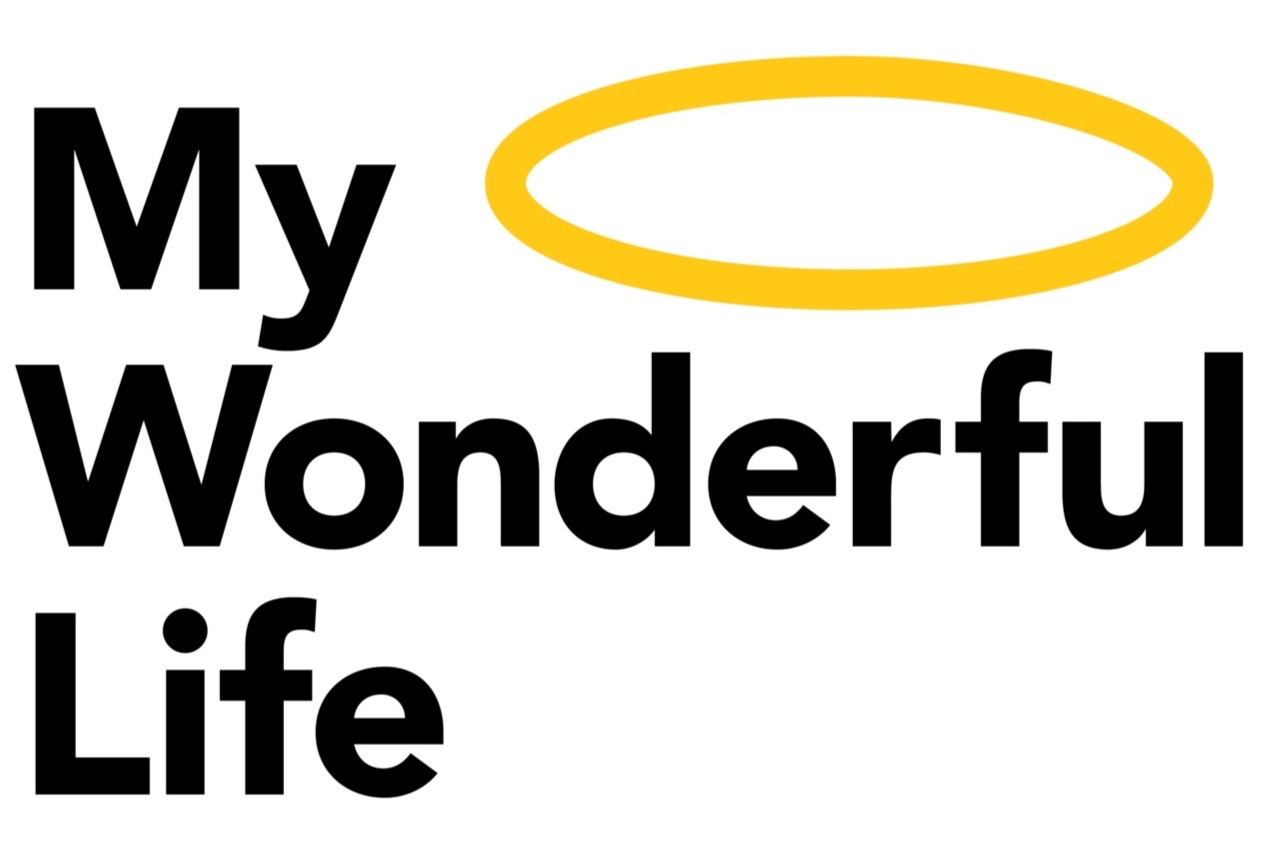The Basics of Cremation
Cremation is becoming increasingly popular in the U.S., but many people are still scared of the process because they don’t know what’s involved. It's a scientific process that is governed by many laws and regulations. Embalming and a casket are not needed for cremation, which is why the cost is lower. In this article we cover cremation topics, include:
Cremation Rates
Benefits
The Process
Choosing a Cremation Provider
Medical Issues
Legal Issues
Religious Issues
Cremation Rates
About 53.5% of all bodies were cremated in the U.S. in 2018, and that number is forecasted to reach 80% by 2035. Other countries have higher cremation rates than the U.S. Japan reports one of the highest rates in the world, with around 99.85% of people are cremated.
Benefits
It is cheaper, environmentally conscious, and more convenient. Ashes are also portable and can be shared amongst loved ones.
The Process
After the chamber is heated up the body is placed in the ‘retort.’ It can take up to four hours to complete the cremation process. It is up to you what to do with the ashes.
Choosing a Cremation Provider
The best way to choose a cremation provider is to go online or look in your local phone book, or the obituary page of the newspaper. The cremation provider will take care of picking up the body. There are a few things to know before you decide; your price limit, the services you want, and what you want done with the remains. You can also visit with the cremation provider prior to making a decision. Here are a few good questions to keep in mind when meeting with them:
Can my family and friends watch during the cremation?
How do you keep track of identities?
How long does it take from the time a body comes in until it’s cremated?
Medical Issues
If you choose cremation and also want to be an organ donor, you can do so. Make sure that you have your organ donation wishes in writing or an organ donation card in your wallet.
Have the cremation provider take a sample of your DNA in case your descendents need it someday.
Inform the cremator if you have any infectious diseases, as they may need to take extra steps to protect themselves during the process.
Legal Issues
Be sure to tell people that you would like to be cremated, and don't forget to choose which option you prefer in your My Wonderful Life book. Some states will require that you fill out a form, so check your state’s laws.
If death happens outside your state or country the remains can be cremated and then shipped to the final destination.
Religious Issues
Some religions do not accept cremation; so make sure to check with your religious director before agreeing to anything. If you are planning a funeral for someone else make sure to check with their religious director before making any plans.
More information on:
